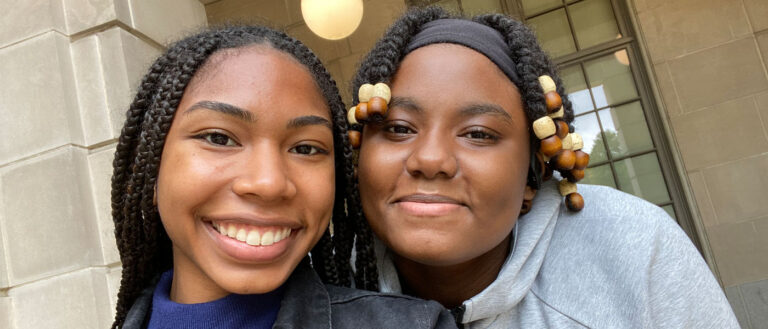Each October, National Mentoring Day prompts individuals nationwide to recognize and celebrate the importance of mentorship. At Case Western Reserve University, this value is championed year round.
From the time students first consider attending the university to the time they are alumni, mentorship is readily made available—and strongly encouraged. Opportunities through the Division of Student Affairs, such as the Emerging Leaders Program and the Emerging Scholars Program help new students ease into college life, while the Collegiate Connections Program pairs select students with upper-class peers who have similar interests.
Additional mentorship opportunities range from the LGBT Center’s Queer Peer Mentors program to the Flora Stone Mather Center for Women’s Women in STEM Peer Mentoring Program and the International Club’s Mentor-Mentee Program, allowing CWRU students to connect with resources that best suit their interests. This support extends to the graduate level, where options such as the University Center for Innovation in Teaching and Education’s Graduate Student Mentoring program and the School of Medicine’s Student Research Mentors program offer personalized support.
Mentoring is available for faculty and staff as well, from the Office of Faculty Development’s Mentoring and Mentor Fellows Program to the Mather Center’s Peer-to-Peer Staff Mentoring Circles and the Veale Institute’s CWRU Venture Mentorship Program. Beyond the campus, efforts such as the Provost Scholar Mentors program and the medical school’s Horizons program further exemplify the value of this type of support.
Get to know a few of the university’s countless mentor-mentee pairs.
Candace Tunac and Tersy Vancol
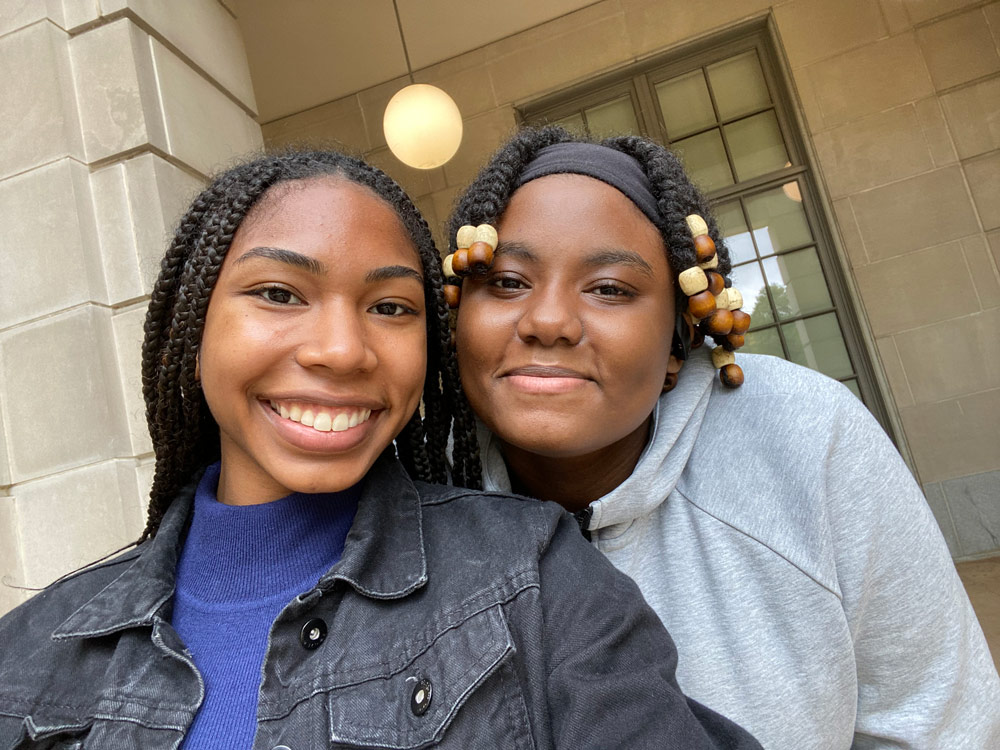
When Candace Tunac began at CWRU last year, she wanted to pursue pre-med—until a peer mentor who had done so changed her mind. Now, the Georgia native is double majoring in biology and psychology on the pre-physician assistant track and is confident the career path better suits her goals.
“It’s always helpful to have someone guide you who has been through it,” said Tunac, who is involved in the Mather Center’s Women in Science and Engineering Roundtable (WISER).
This year, she’s flexing her own mentorship skills through the Collegiate Connections program as a mentor to Brooklyn, New York, native Tersy Vancol, a first-year student interested in biomedical engineering. Vancol’s course load overlaps with many of the courses Tunac took last year, allowing the pair to discuss best study strategies, in addition to the many social experiences that contribute to being happy on campus.
“Coming from out of state, having a mentor close to your age really helps ease the transition,” said Vancol, noting how she can sometimes feel anxious to approach faculty or staff for help. “Having Candace has helped me a ton—I ask her so many questions!”
Varsha Krishnan and Valerie Lightner
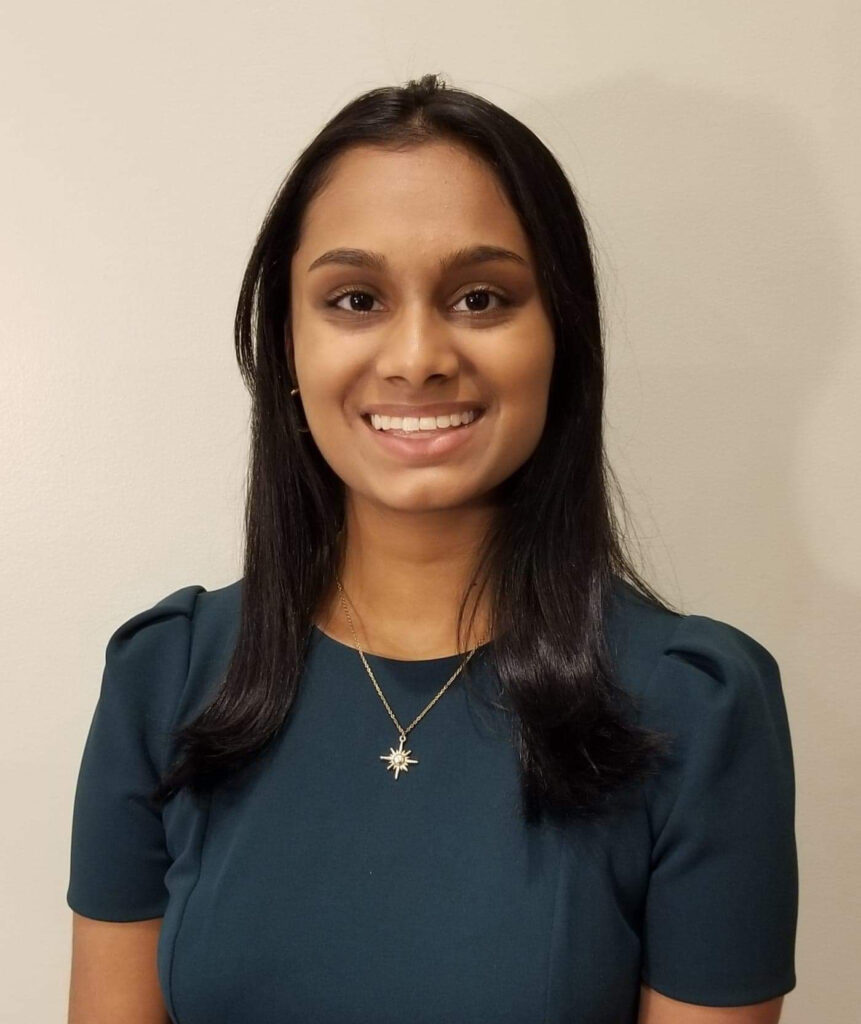
Maryland native Varsha Krishnan aspires to become a registered dietitian focused on public policy and community building. But the third-year nutrition major didn’t always have this goal.
When she began at CWRU, Krishnan was on the pre-med track, viewing her undergraduate degree as the first step on a long academic journey. It was programs such as the Mather Center’s Professional Mentoring Program—which pairs women-aligned students with professional role models—that showed her it’s OK to explore other interests.
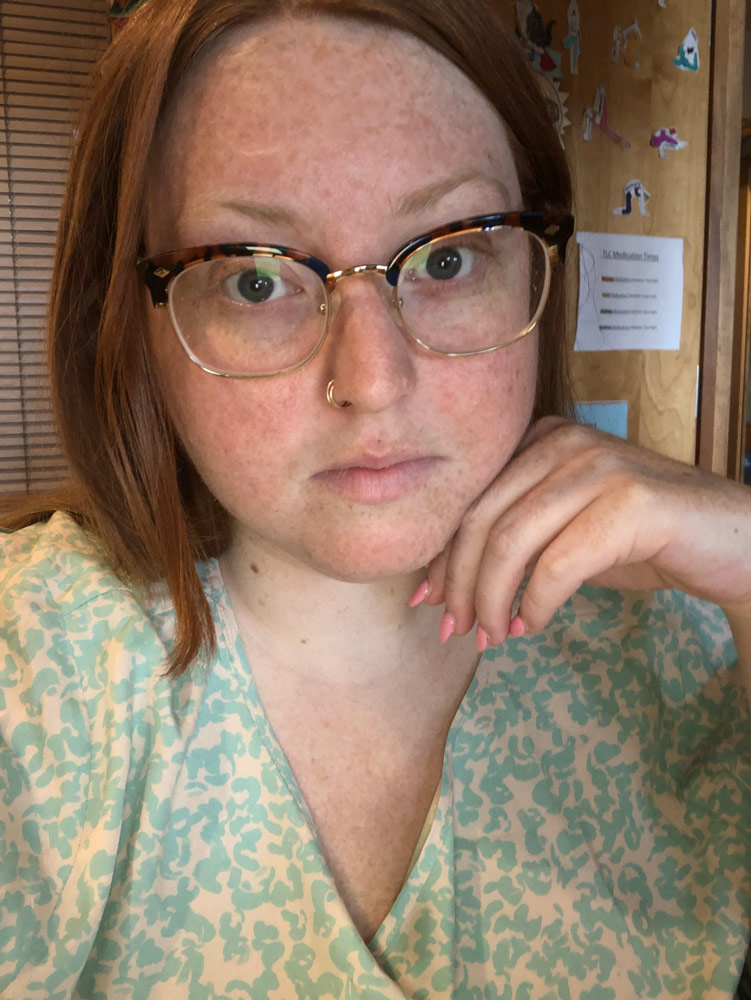
Krishnan was paired with alumna Valerie Lightner (SAS ’20), who she credits as an example of someone who allowed their career goals to evolve. Lightner now works as a clinical coordinator at a transitional living center, regularly encountering the types of health issues her mentee hopes to help combat. She encourages all students to pursue mentorship resources as a way to overcome the imposter syndrome they may face.
“I think at [CWRU], a lot of students come in very set on a linear path to how they think they can achieve success,” Krishnan said. “Hearing stories of people [like Valerie] who took a more circuitous route is inspiring, and has shown me success is what you make it.”
Ryan Baladez and Sarah Berger
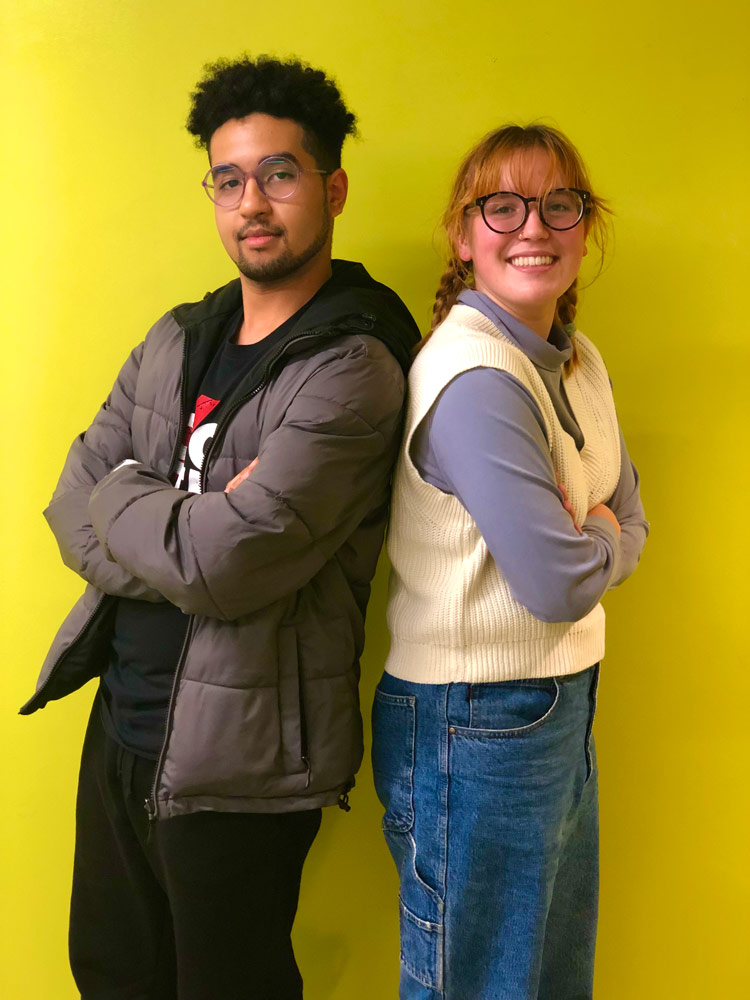
When Pittsburgh native Sarah Berger arrived at Case Western Reserve this fall, she knew she was interested in civil engineering—but didn’t know where to get started.
That’s where third-year civil engineering major Ryan Baladez came in. A first-generation student from San Antonio, Baladez recalls being in Berger’s shoes, confident he was drawn to the major but unaware of any peers with shared interests. Though he never was a peer mentee himself, informal mentoring throughout his time at CWRU swayed Baladez to seek out the position through the Collegiate Connections program that ultimately paired him with Berger.
“If you’re looking for a passion, that’s where mentorship [in any form] can help,” he said, reflecting on how his Orientation Leader encouraged him to get involved with Engineers Without Borders the following year. As a mentor, he aims to provide general advice such as the best study spots—Samson Pavilion, in his opinion— and offer his network of resources.
For Berger, Baladez has helped her find her footing at CWRU—and, through shared interests such as the psychology of architecture, solidified her interest in civil engineering along the way.
John Tilton and TJ Sweet
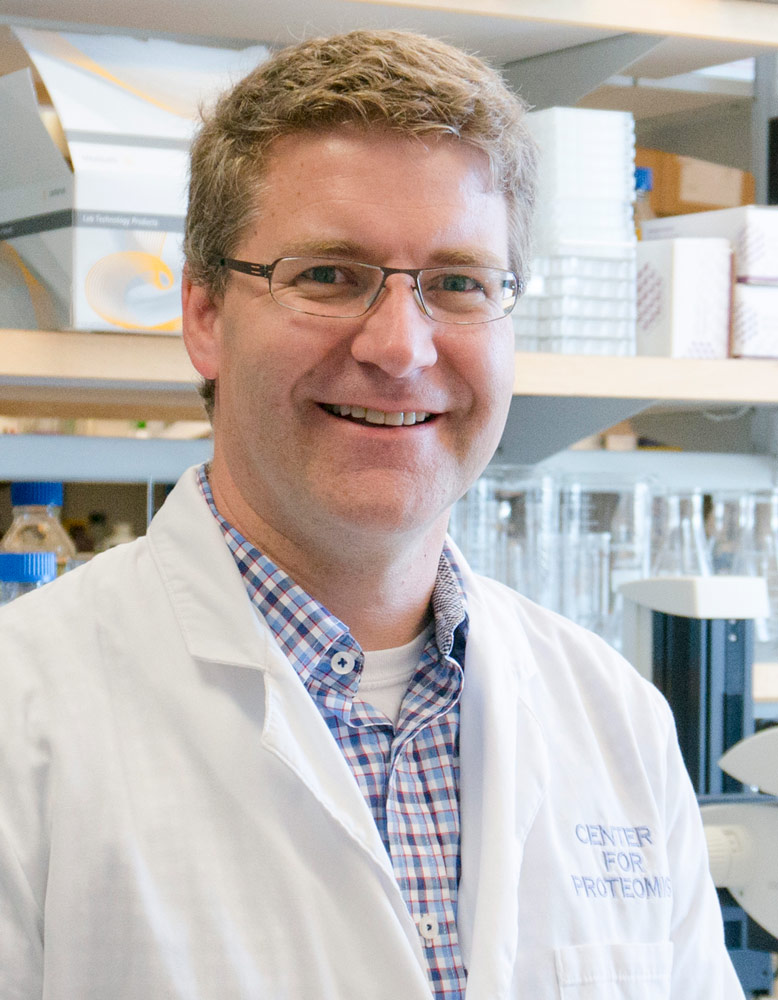
After earning his PhD in biochemistry from Case Western Reserve in 2012, Thomas (‘TJ’) Sweet (CWR ‘02) worked in several labs before joining the university’s Center for RNA Science and Therapeutics as a research scientist. Now, he aspires to run his own lab some day—and Associate Professor John (‘Chip’) Tilton is committed to helping him get there.
The pair boast what they both deem a great working relationship, with Sweet’s expertise in RNA complementing Tilton’s extensive HIV knowledge. Together, they’re working to repurpose HIV, aiming to pack it into viral particles to serve as therapies for rare genetic diseases.
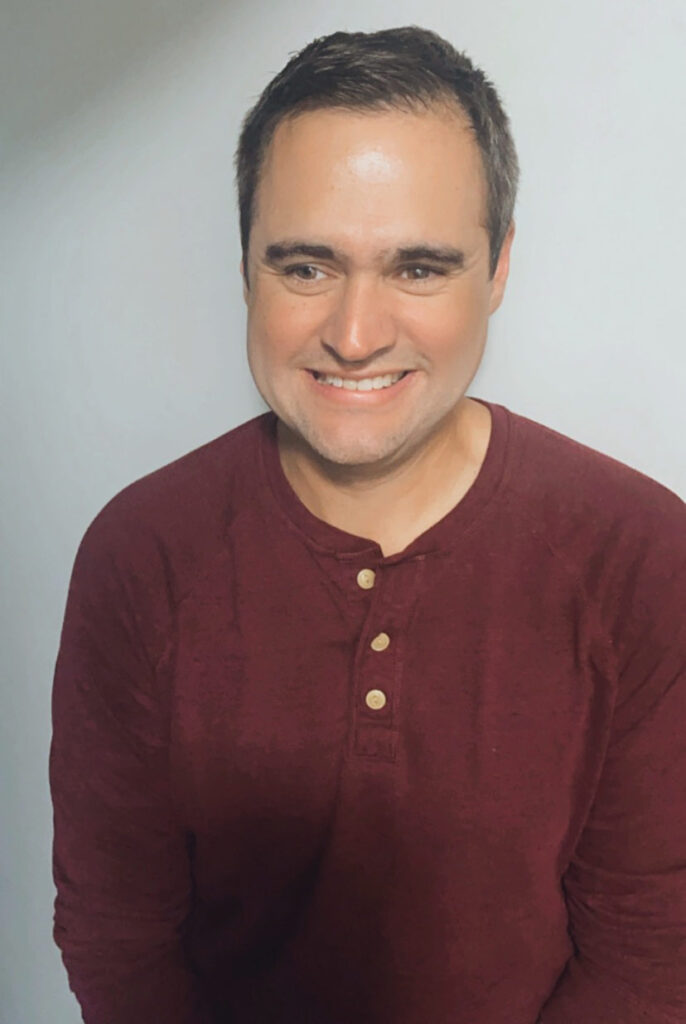
“My goal is to facilitate TJ and get out of his way as much as possible,” said Tilton, explaining how, while he gives regular guidance on grant proposals and the like, in many ways Sweet runs the lab himself. “TJ’s dynamite and makes everyone around him better. He’s a very capable scientist and deserves to run his own lab.”
Tilton’s mentorship approach is one Sweet models himself, regularly giving younger members of the lab the freedom to explore ideas. As researchers at an academic institution, they both share a common goal beyond their own research pursuits: Training the next generation of scientists.
Khadija Abdullahi and Nevaeh Larkin
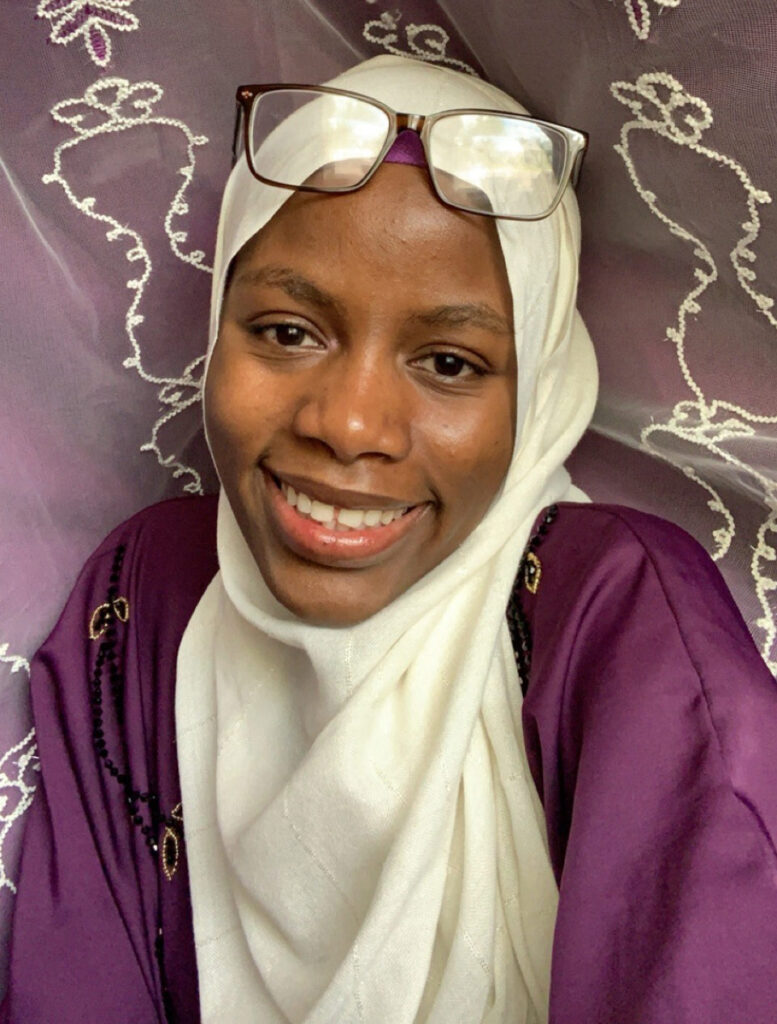
Cleveland native Nevaeh Larkin never envisioned herself going to college near home. But when she earned a competitive financial aid package from CWRU, she leaned into the opportunity.
A finance major, Larkin’s first-year nerves were put at ease when she signed up for the Collegiate Connections program and matched with Khadija Abdullahi, a third-year accounting major and economics minor from Louisville, Kentucky. Beyond their academic interests, the pair realized they have plenty in common—down to even sharing a birthday (Nov. 27).
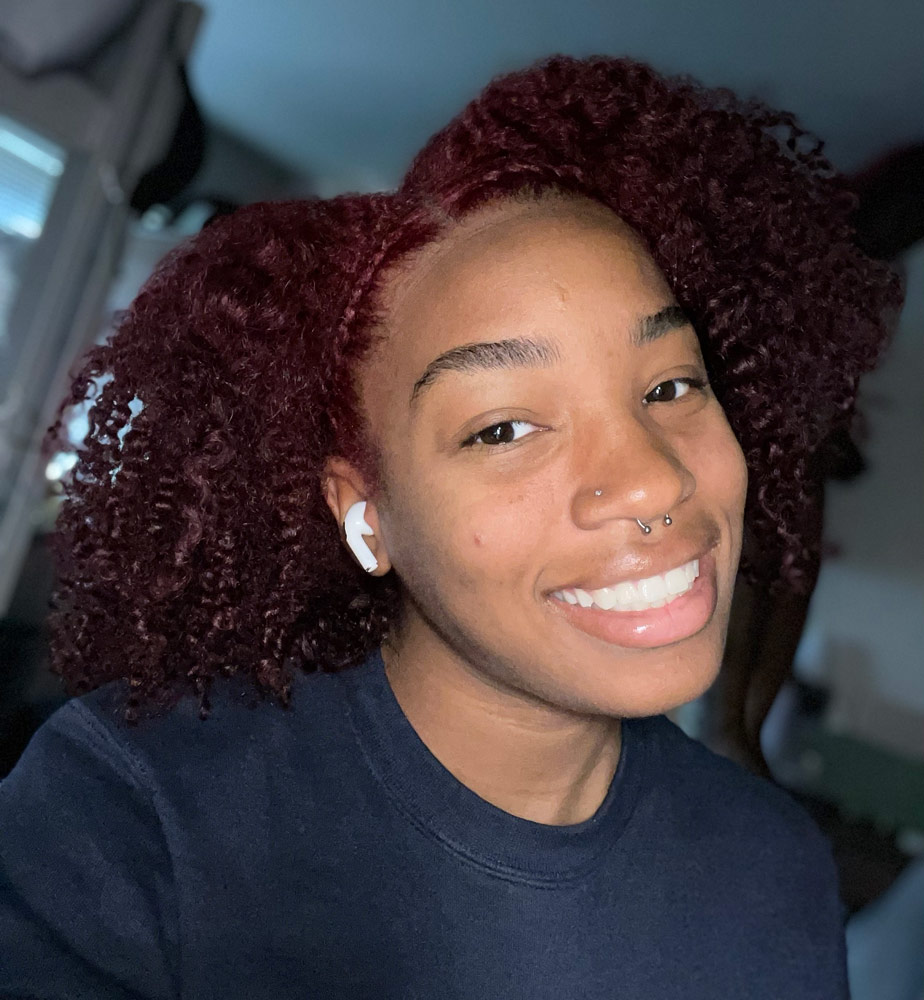
“I told myself I’d say ‘yes’ to any opportunity,” said Larkin, reflecting on her decision to seek out a mentor. “It’s so nice having someone to talk to about personal matters without having to be so formal. Khadija’s been an amazing listening ear for me.”
Once a peer mentee herself, Adbullahi has made a point to guide Larkin by listening without doling out heavy-handed advice. As a result, the pair view their relationship more as a friendship, even connecting most often on social media.
Learn how you can connect with a mentor at Case Western Reserve.

